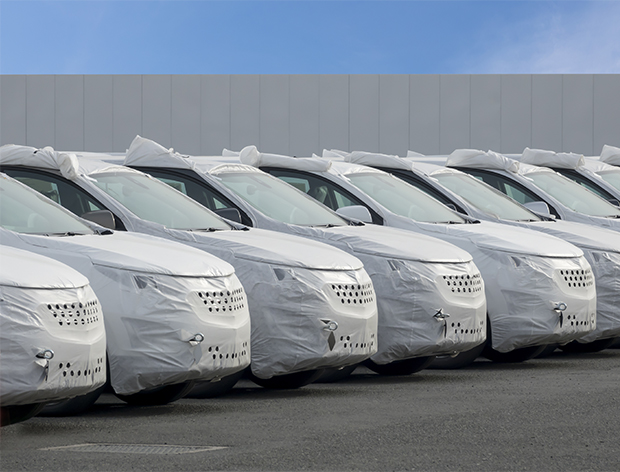UK business groups are welcoming the long-awaited launch of post-Brexit trade talks with Japan, though competing ambitions over the automotive and agriculture sectors mean the deal is unlikely to replicate the 2018 deal with the EU.
The Department for International Trade (DIT) announced on June 8 that talks between the British and Japanese governments would begin the following day, with a view to negotiating a free trade agreement (FTA) for when the UK leaves the European Union at the end of this year.
The DIT says both nations are “committed to an ambitious timeline to secure a deal that will enter into force by the end of 2020”, the point at which the 2018 FTA between Japan and the EU no longer applies to the UK.
“We urge strongly that a legally binding FTA between UK and Japan be agreed at the earliest opportunity,” adds Takaaki Hanaoka, secretary general of the Japanese Chamber of Commerce & Industry in the UK.
The announcement was immediately welcomed by business groups. Josh Hardie, deputy director-general of the CBI – an influential UK industry association that represents nearly 200,000 businesses – says two-way trade and investment with Japan “will benefit every region and nation across the country”.
Japan is already the fifth largest trading partner of the UK, after the EU, US, China and Switzerland. Government data shows bilateral goods and services trade between the two totalled £31.4bn last year.
Any agreement would likely diverge from the existing EU deal in some areas, however.
GTR reported in January that Japan would likely seek changes in tariffs on its car exports. The EU deal involves phasing out a 10% tariff over a seven-year period, but in the case of the UK, that is expected to happen more quickly.
Japan’s trade minister Hiroshi Kajiyama confirmed to local reporters this week that Japan intends to urge the UK “to bring forward the period for which tariffs will be removed mainly for auto and auto parts”.
In effect, that would mean British companies immediately face a choice between importing fully assembled cars or just parts, depending on which would be more effective. One scenario is that Japanese manufacturers cease their UK operations and simply export assembled cars instead.
In a joint statement issued on June 9, the UK’s Society of Motor Manufacturers and Traders (SMMT) and the Japan Automobile Manufacturers Association (JAMA) welcome the commencement of talks on a new FTA.
“Our two automotive industries have had a deep and mutually beneficial trade, technology and investment relationship for nearly 40 years, thanks to continuous support from both governments,” say SMMT president George Gillespie and JAMA chairman Akio Toyoda.
However, GTR understands that the SMMT would not currently favour the immediate introduction of 0% tariffs. The association is keen to ensure any agreement is closely aligned with existing trade between the EU and Japan, and that industry should be consulted before any changes to timelines are agreed.
There are other potential areas of divergence from the existing European deal. The DIT says the agreement will secure “additional benefits in areas such as digital trade”, which will likely include provisions ensuring data flows between the two jurisdictions can occur without duties or restrictions such as onshoring rules.
Japan is also expected to resist replicating the same level of access to its agriculture market as already granted to the EU.
Historically the country has been relatively protective over its agricultural sector, though compromised on that in its trade agreements with Europe, the 2019 Comprehensive and Progressive Agreement for Trans-Pacific Partnership (CPTPP) and its deal with the US, also ratified in 2019.
Extending that level of access to the UK effectively means offering up yet more market access.
In terms of opportunities for British firms, HSBC’s UK head of trade, Ian Tandy, says the bank’s customers “are telling us that the food and drink sector provides particular opportunities for growth”.
“Exports from the UK into Japan in this sector grew by almost 14% last year led by high-end brands and the lifting in 2019 of the bans on British beef and lamb,” he says.







